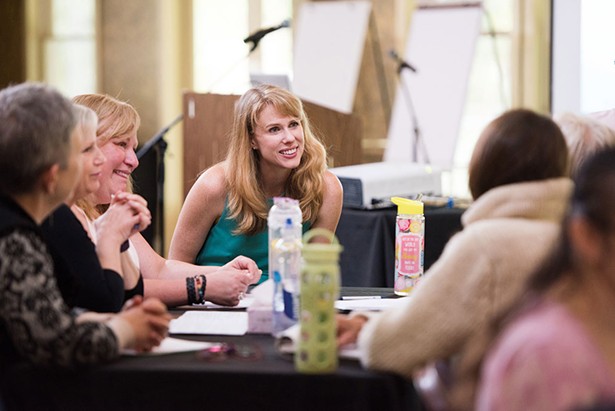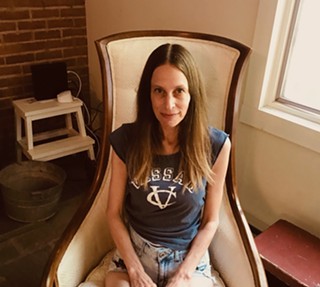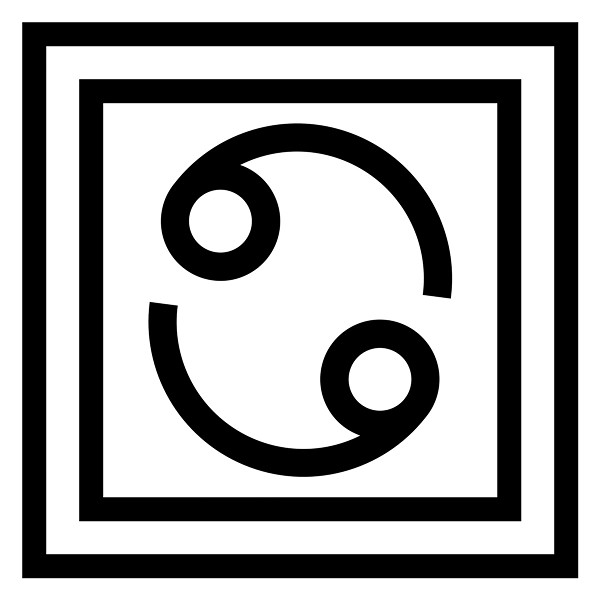
What was your "aha moment" about radical remission?
Kelly Turner: Originally, I was planning on being a counselor for cancer patients; my master's degree was in psychotherapy. Then I came across Shin Terayama's story, which was the first case I'd heard of radical remission. This man had been sent home on hospice with Stage IV kidney cancer after trying everything [Western medicine had to offer], but he was alive 25 years later. I was just floored. I thought, if that is humanly possible, then we need to figure out how he did that. Later that night, I did more research on PubMed [a search engine for medical research], and I saw that there were over 1,200 of these cases published in peer-reviewed journals.
The first case of radical remission was reported in the 1890s, in a British medical journal. These cases have been reported literally since the beginning of medical journalism. And no one has touched them, because they're afraid of raising false hope. Yet what's worse than raising false hope is practicing bad science. And it is bad science to ignore outliers. I've met oncologists who say, "Yeah, I've been in practice for 40 years and I've seen four or five of these cases." A proper researcher is scientifically obligated to investigate anomalies and try to figure out why they're in the model, and then revise the hypothesis based on the presence of these outliers. That's just Research 101.
What were you up against to get your research taken seriously?
A case report like Shin Teramaya's is considered valid scientific evidence because it's been fact-checked, it's been proven. But it's still what is called an "n of one," or a sample size of one. In clinical studies, that's the part that's not persuasive. You think, "Oh, this is just one person, this wasn't a trial with 500 or 1,000 people." Where I did things differently is I looked at [the spontaneous-remission cases] as a group, as a whole. I took these seemingly random, one-off events, and stepped back and said, "They all have cancer, and they all healed after their doctors said they were going to die. Do they have anything in common if I research them in-depth?" And they did. That was something no one had done before. No one had tried to look at all of these case reports as a group and ask them research questions through that lens.
In your interviews with survivors, you found nine factors they all shared. What were they?
Initially in my research, I found 75 factors, or things people did, that may have hypothetically played a role in their healing. These included physical, emotional, and spiritual factors. Yet when I looked at the frequency of those factors, I saw that nine of them kept coming up over and over again in almost every interview. These nine key factors in radical remission are: radically changing your diet; taking control of your health; following your intuition; using herbs and supplements; releasing suppressed emotions; increasing positive emotions; embracing social support; deepening your spiritual connection; and having strong reasons for living.
I want to add that [my research partners and I] are not against chemo, surgery, or radiation at all. We're not against Western medicine. We just study people who heal without it, because those people represent a very special control group, scientifically. Rather than a prescription, this is a research report on the specific things these people did to heal their cancer. Will it work for anyone else but them? We don't know yet. We just know that these nine factors worked for this group.

















